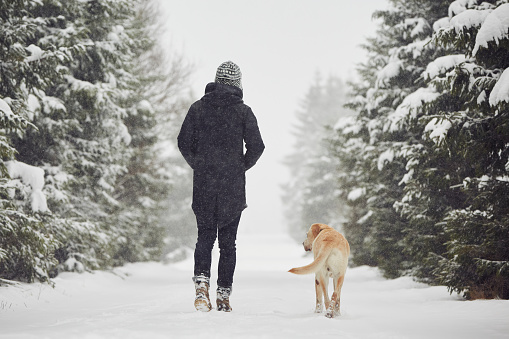HOW TO GET FRESH AIR DURING WINTER

Not every hallway or broom closet has windows. For example the room where you play Bizzo Casino might not have one. They are usually interior rooms that do not have an exterior wall. You do not have to worry too much about mold in these rooms. The risk of mold is lower there because they also generally have fewer cold surfaces without exterior walls. And on cold surfaces air humidity is preferentially deposited – there is mold danger.
Nevertheless one should also supply these rooms regularly with fresh air, cautions the expert. If a room does not have its own window, for example a corridor or hallway, then one should cross-ventilate regularly. That is: In opposite rooms the window opens and the doors in connecting rooms likewise, so that the air from one side of the dwelling to the next can pull through for some minutes. By the way, this is generally more effective than opening the window in individual rooms.
Many old apartments also have interior bathrooms. A lot of moisture accumulates here, and the risk of mold is correspondingly higher. They should have shaft vents or (even better) fan vents to move the moist air outside.
DO NOT DRY LAUNDRY OUTSIDE WHEN IT IS COLD

There are many ways to save electricity when washing, such as sorting laundry properly or loading the machine. You are better off drying laundry outside – whether it’s summer or winter. Not every apartment has a laundry room.
Even then, it makes sense to dry laundry outside. Laundry drying in the apartment always increases the risk of mold, because the moisture that is released from the laundry during drying, first remains in the apartment. You then have to get rid of it again by airing. It is therefore better to hang up the wet clothes immediately outside, if a terrace, a garden or a balcony is available.
In winter, the laundry just needs a little longer to dry. On particularly cold days, it may not dry completely – in which case the residual moisture can still be dried indoors.
SMART THERMOSTATS
Smart thermostats can save on heating costs – but they do not always.
Some people, for example, want to come back to a warm apartment after work. They therefore leave the heating on even when no one is in the apartment. If the apartment is poorly insulated for this purpose, the heating system will have to keep heating for hours on end without anyone benefiting from it. Anyone with such habits will benefit from a smart thermostat: After all, the heating can then be conveniently controlled via app, down when someone is absent and up again shortly before they return to the apartment.
For someone who always turns down the heating anyway, the smart thermostat is of no use. Especially if the person lives in a well-insulated apartment that can maintain the temperature for a few hours without heating.
Mistake 7: Do not ventilate in rain, fog or snow
Ventilation makes sense even in rain, fog or snow.
Ventilation is meant to remove humidity from a room. But what if it’s humid outside – for example, it is foggy, raining or snowing? Not ventilating might seem logical then, but in most cases it would still be wrong.